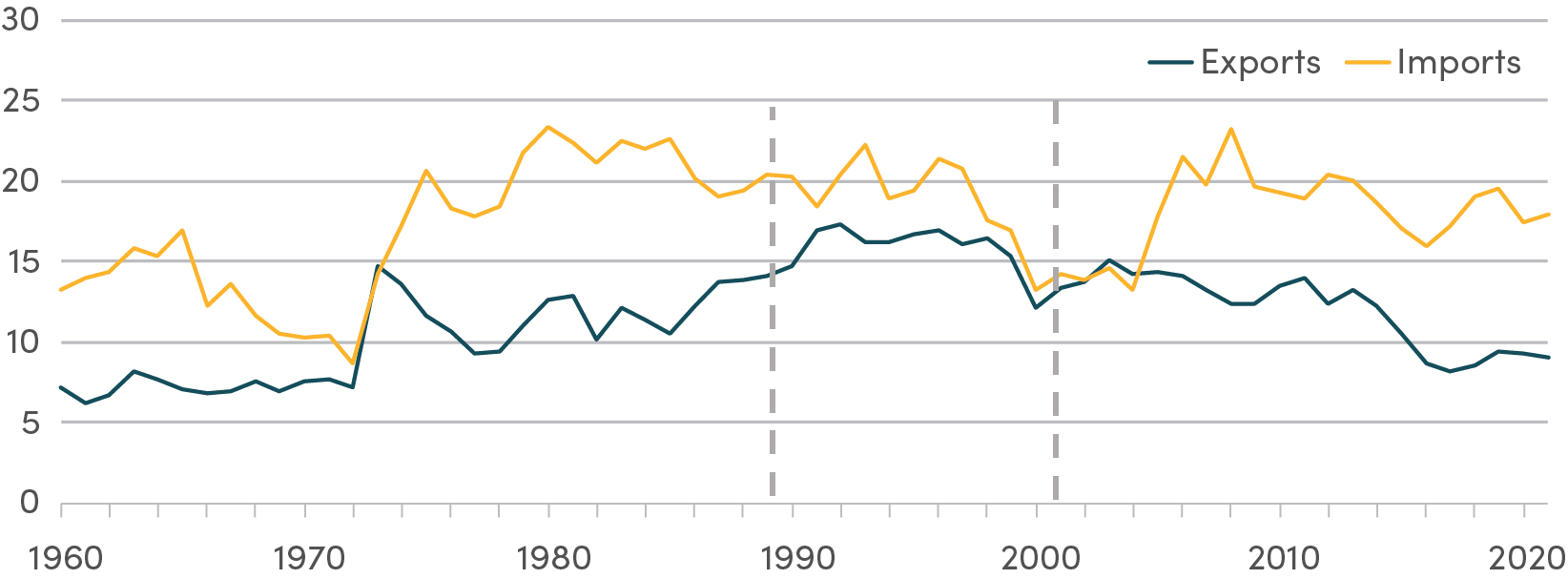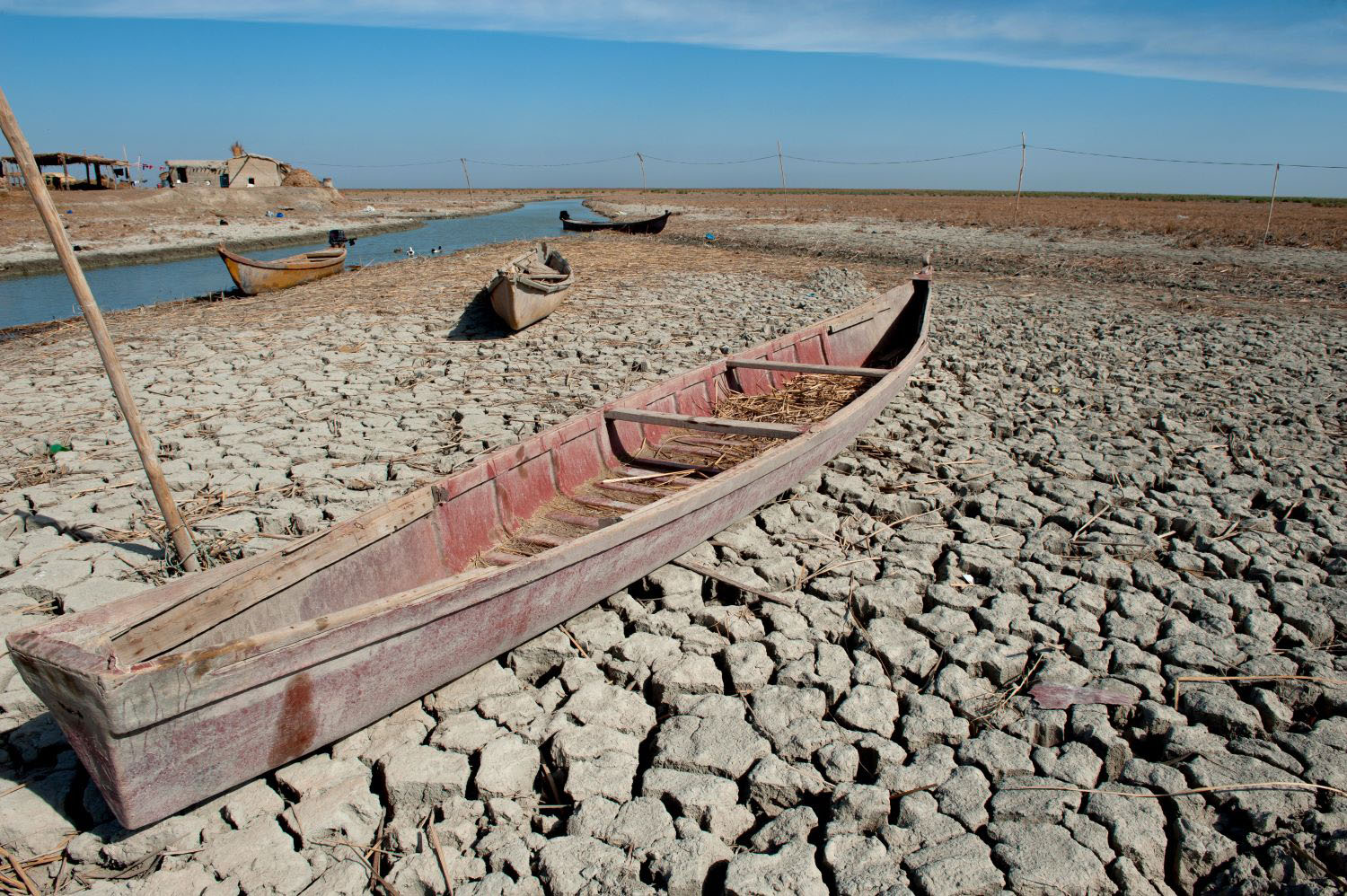This post is joint with Casey Friedman.Today, the World Bank launched a new
report, "Growing Africa: Unlocking the Potential of Agribusiness." The report argues that agriculture and agribusiness should be at the top of the development and business agenda in Sub-Saharan Africa. The Bank is right to emphasize this issue--of the $25 billion of food that African countries import annually, only $1 billion comes from other African countries. The report offers a clear and well-researched exposition of the state and prospects of African agribusiness. It is broad in scope, encompassing agricultural production and upstream input markets as well as supply chains and agro-processing.Some of the big ideas:
- The potential for African agribusiness is huge. By 2030, African demand for food is expected to increase threefold from current levels. Sub-Saharan Africa also has 45% of the world's uncultivated land suitable for farming and immense untapped water resources.
- Yet despite these potential advantages, African countries have lost a lot of ground over the past 50 years, becoming net food importers and steadily losing competitiveness in global export markets.
- Constraints vary. The report describes six national supply chains which reveal a great deal of variation—for example, the lack of regional integration is crippling for the Zambian maize value chain but scarcely matters for Ghanaian cocoa.
- The main hurdles for marketing staples (rice, maize) and traditional cash crops (cocoa, cotton) are high transport costs, erratic government involvement, and border logistics, while higher-value products (green beans) struggle to meet safety and quality standards in export markets.
The report calls for strong leadership and commitment from both public and private sectors, citing case studies of success from Uruguay, Indonesia and Malaysia. It also says that engaging with strategic “good practice” investors is critical, and that local successes can guide governments and investors toward positive economic, social and environmental outcomes in the agribusiness sector.The report takes a critical look at approaches like contract farming—in which farmers agree in advance to sell their harvest to processors—arguing that it may work for specialized products but is probably not a panacea in the long term.One important caveat: in playing up “available” land resources the report overlooks that this land is often already in use, for shifting cultivation or herding. Moreover, the rules governing land ownership and land use in Africa are complicated, to say the least. The report does highlight the need for government involvement to promote inclusion and secure property rights, but the lack of
bureaucratic capacity in Africa remains a challenge.
CGD blog posts reflect the views of the authors, drawing on prior research and experience in their areas of expertise.
CGD is a nonpartisan, independent organization and does not take institutional positions.






